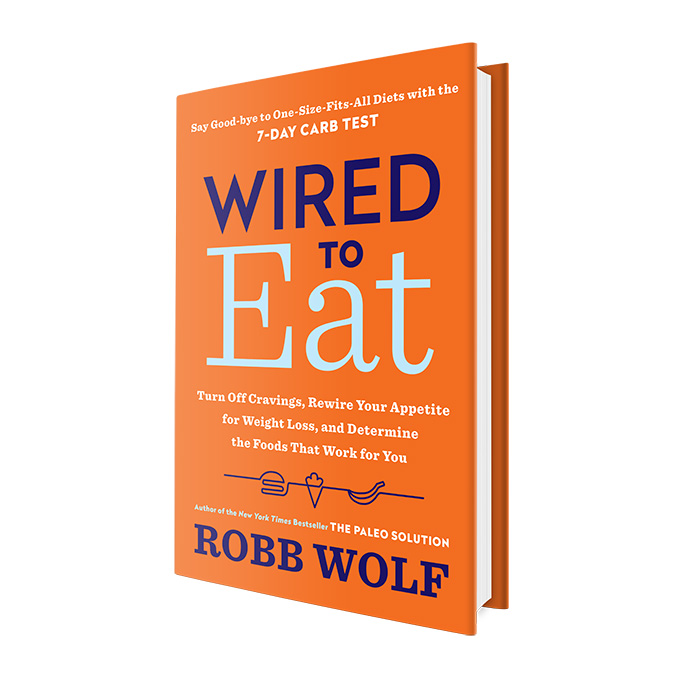Do you want to get healthy but don’t know where to start? The answer might be with a low-carb diet. You may have heard of low-carb diets such as Atkins or Paleo, and seen the weight loss success stories, but are unsure what the diet entails and what health benefits it could bring to you. Going low-carb could be the answer to having healthier eating habits and increased energy levels. Read on to explore the health benefits of a low-carb diet.
1. The Power of Going Low: Introducing the Low-Carb Diet
Going low-carb can be a great way to reduce weight, gain control over blood sugar, increase energy and more! Low-carb diets like the ketogenic diet have been around for centuries and more recently they have been popularized by health gurus and celebrities alike. Here are a few key advantages of the low-carb diet:
- It speeds up the weight loss process: Low-carb diets can help burn fat faster than other diets since your body is burning fat and protein for energy. Additionally, a low-carb diet is highly satiating, causing you to eat less than on other diets.
- It boosts energy levels: Consuming fewer carbs means fewer blood sugar crashes during the day, leading to improved mental clarity and increased energy.
- It can help control blood sugar levels: Without the carbohydrates present, your body won’t experience rapid spikes and dips in blood sugar. This can help with diabetes, inflammation and other chronic health problems.
Low-carb diets might not be for everyone, but for those who are looking for quicker results in terms of weight loss, improved energy and blood sugar control — the low-carb trend is a great option. The key to success with any diet is consistency, so make sure to be committed and follow it long-term to see the best results.

2. How Lowering Your Carb Intake Can Improve Your Health
Consuming a diet that is high in carbohydrates has been associated with inflammation and other health issues. Since carbohydrates are a major source of energy, cutting back on them is a great way to improve your overall health.
Here are some of the ways that reducing carbohydrate intake can help improve yoru health:
- Reduce inflammation – When your diet involves a lot of carbohydrates, it can lead to inflammation, as well as other health issues. Reducing the amount of carbs you consume can help reduce and manage inflammation.
- Weight loss – Excess carbs are not metabolized quickly, and they can be stored as fat. Cutting back on carbohydrates can be a great way to lose weight if done correctly.
- Healthier heart – It has been proven that reducing carbs can help reduce blood pressure, bad cholesterol, and triglycerides. All of which are excellent for your heart health.
Consume lower-carbohydrate foods such as fish, eggs, lean meats, and vegetables. This will help you stay healthy and make sure to get the right nutrients in your diet. Of course, you should not necessarily replace carbohydrates with unhealthy food choices, such as sweets and deep-fried foods. Doing so can still cause harm to your health.

3. Strengthening Your Body and Mind Through a Low-Carb Lifestyle
If you want to make a significant change in your health journey, maintaining a low-carb lifestyle is a great way to start. Reducing the amount of carbohydrates you consume helps to not only strengthen your body, but your mind as well. Here are some of the major benefits associated with this lifestyle.
- Increases Energy Levels: Eating low-carb meals help to maintain a steady energy flow throughout the day. This allows you to stay more alert and focused for longer periods of time.
- Decreases Chance of Diabetes: By consuming fewer carbohydrates, the amount of sugar in the blood stream is more regulated. This reduces the risk of getting diabetes by cutting out foods that are high in sugar and carbs.
- Improves Mental Wellbeing: Paired with the physical benefits, a low-carb lifestyle can also provide mental clarity. Because most carbs convert to sugar, food cravings decrease and mental clarity increases. This allows you to think more clearly and have more productive days.
Although a low-carb lifestyle may seem intimidating, it is not always necessary to go completely carb-free. You can still enjoy the foods you love while watching the amount of carbohydrates you consume. Many people have found success in their health journeys by incorporating a low-carb diet into their routine. Whether you choose to have a strict or flexible plan, cutting back on carbohydrates is a great way to strengthen both your body and mind.
4. Exploring the Unique Challenges That Come with Change
Change brings its own unique set of challenges, both when you’re seeking it out and when it’s thrust upon you. There’s no one-size-fits-all approach to overcoming these difficulties, but there are some steps you can take to come out on top.
Uncertainty
- The unknown can be intimidating, so don’t be afraid to take it one step at a time. Break down the process of change into achievable goals and focus on what you can control at any given moment.
- Seek out support networks in the form of professional assistance or those in a similar situation. Talking about your problems and insights can help you remain focused and motivated.
- Remember that uncertainty only breeds anxiety when you forget there can be positives along the way. Allow yourself to be surprised!
Risk and Adversity
- Don’t be afraid to accept help and guidance when assessing the potential risks of a change. It’s important to consider the future whilst peppering a healthy dose of optimism into your decision making.
- Focus on the areas in which you can succeed, and make sure you know exactly what to expect if the worst should happen. This will give you the insight to make the right decisions at the right time.
- Take a step back if the pressure becomes too much. There are many areas to a change journey: if you need to tackle them one by one, that’s absolutely fine.
Loss
- Few changes are made without a sense of loss being involved. It’s important to take the time to grieve, allowing yourself to feel the emotions in order to process them and ultimately move on.
- Exploring what you’ve gained as well as what you’ve lost can be a great way to gain perspective, and this process can be hugely rewarding.
- Remember that you’re in control and that you can always come back to what’s lost – you don’t have to forget about it in order to move forwards.
5. Taking Control with Low-Carb Recipes and Meal Plans
With healthy eating habits, comes the need for meal prepping. It’s a great way to stay on track with your eating goals, plus it takes out the guesswork when it comes to eating healthy. And when it comes to controlling carbohydrates, low-carb recipes and meal plans are your golden tickets.
One of the best things about low-carb meal plans is that they are totally customizable. You can choose from a variety of ingredients and come up with creative dishes that won’t throw you off your carb-counting game. Here are some tips to get you started:
- Start slow. Take it one day at a time and don’t rush into anything. Start with familiar ingredients and recipes and build your skills as you go.
- Research before you start. Do some research into resources for low-carb recipes, meal plans, and cooking techniques to use with the dishes you’re making.
- Experiment. Taste test and adjust the recipes and make notes so you can remember what changes you make for the next time.
Don’t worry. You’ve got this. Low-carb recipes are easy to find and easy to make. With a little planning and a little creativity, you can take control of your diet and make delicious, low-carb meals that will fit your lifestyle.
6. Enjoying the Benefits of Low-Carb Eating: A Healthier Life!
Low-carb eating is the key to enjoying a healthier and longer life. This way of eating encourages whole and nutrient-dense foods, that have low levels of unhealthy carbohydrates like sugar. It also has a range of health benefits, from increased energy to better and more balanced blood sugar levels.
Benefits of Low-Carb Eating:
- Encourages increased vegetables and fruits in the diet.
- Supports good digestive health.
- Reduces inflammation and assists with weight loss.
- Supports better blood sugar control for people living with diabetes.
By eating low-carb, you can look forward to more energy and better mental clarity due to the stabilisation of blood sugar levels. Additionally, the high nutrient hit that comes with eating a low-carb diet will reduce the risk of many lifestyle diseases, ranging from cardiovascular disease to diabetes. Furthermore, low-carb eating can reduce inflammation – the root cause of many conditions such as arthritis – and help decrease fluid retention, joint pain, and muscle stiffness.
“Go Low” proves that a low-carb diet is both a nutritious and delicious way to live a healthier lifestyle. Not only will you get the body you’ve been dreaming of, but you’ll also be able to stay energized throughout the day and keep those cravings in check. Low-carb dieting may not be as complicated as it seems. Come join the “Go Low” revolution today and you’ll be amazed at all the positive health benefits you can reap.
